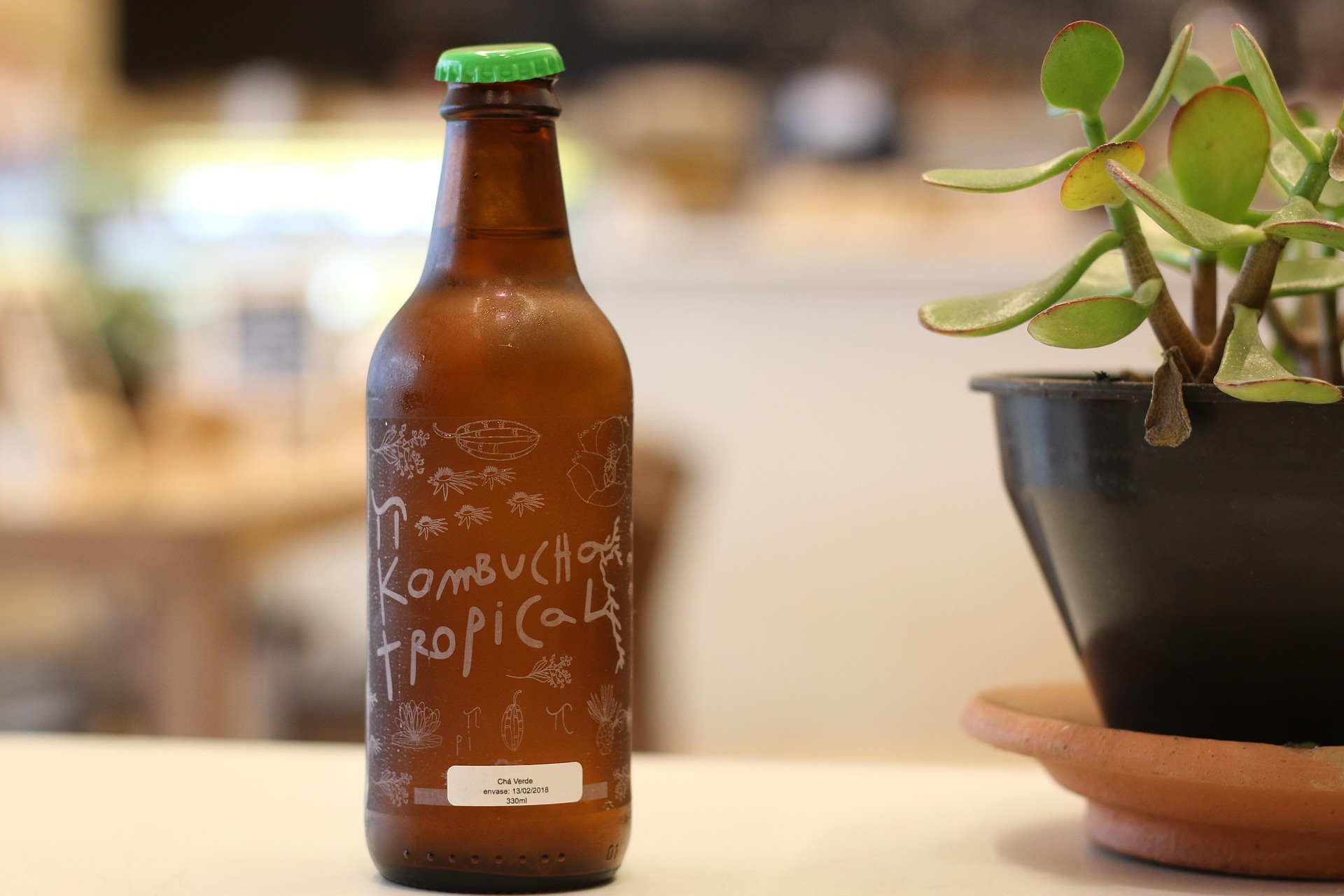Drink Recall Alert: Ingredient and Labeling Issues Prompt Urgent Warning
A popular beverage has been recalled due to concerns over mislabeled ingredients and potential safety risks. From energy drinks to flavored waters, some products may contain undeclared allergens or contamination. Here’s how to check your bottles and what to do if you’re affected.
What products are included in the latest drink recall?
The list of recalled bottled drinks in 2025 is extensive and diverse. Major brands and lesser-known manufacturers alike have been affected by this sweeping recall. Energy drinks, sports beverages, flavored waters, and even some alcoholic beverages have been pulled from shelves due to various concerns. Some of the most prominent recalls include:
-
PowerBoost Energy Drink: All flavors and batch numbers produced between January and March 2025
-
AquaFresh Flavored Water: Lemon-lime and berry varieties with expiration dates through December 2025
-
VitaSport Electrolyte Drink: All 32 oz bottles with lot numbers starting with VS25
-
ZenBrew Kombucha: Ginger and mango flavors in 16 oz cans
It’s crucial for consumers to check their pantries and refrigerators for these and other potentially affected products.
Why are these drinks being recalled?
The reasons behind these recalls are multifaceted, but they primarily stem from two main issues: ingredient mislabeling and potential contamination. In many cases, allergens found in flavored beverages were not properly declared on the packaging, posing a significant risk to individuals with food allergies. Common undeclared allergens include milk, soy, and tree nuts.
Additionally, some products have been found to contain harmful bacteria or foreign objects, such as small pieces of plastic or metal. These contaminants can pose serious health risks if ingested, ranging from mild digestive issues to more severe complications.
How can consumers identify if their drinks are affected?
To determine if your beverages are part of the recall, follow these steps:
-
Check the brand name and product type against the official recall list.
-
Examine the lot number, batch code, or expiration date on the packaging.
-
Look for any unusual appearance, odor, or taste in the product.
-
Visit the manufacturer’s website or the FDA’s recall database for the most up-to-date information.
If you’re unsure whether your drink is affected, it’s best to err on the side of caution and dispose of the product or return it to the place of purchase.
What should consumers do if they have recalled drinks?
If you discover that you have purchased a recalled beverage, take the following actions:
-
Do not consume the product under any circumstances.
-
Keep the product sealed and in its original packaging.
-
Return the item to the store where it was purchased for a full refund.
-
If you’ve already consumed the product and are experiencing any unusual symptoms, contact your healthcare provider immediately.
-
Report any adverse reactions or quality issues to the FDA’s MedWatch Adverse Event Reporting program.
It’s important to note that even if you’ve consumed the product without any apparent issues, it’s still advisable to return or dispose of any remaining recalled items.
What are the potential health risks associated with these recalls?
The health risks associated with the recalled drinks vary depending on the specific issue at hand. For individuals with allergies, consuming a product with undeclared allergens can lead to severe allergic reactions, including anaphylaxis, which can be life-threatening. Symptoms may include difficulty breathing, hives, swelling of the throat or tongue, and dizziness.
In cases of bacterial contamination, consumers may experience symptoms such as nausea, vomiting, diarrhea, and fever. More severe cases could lead to dehydration or bloodstream infections. Foreign objects in beverages can pose choking hazards or cause injuries to the mouth, throat, or digestive tract.
How are manufacturers addressing the recall and ensuring future safety?
In response to these recalls, beverage manufacturers are taking several steps to address the issues and prevent future occurrences:
-
Conducting thorough investigations to identify the root causes of the problems.
-
Implementing more stringent quality control measures and allergen management protocols.
-
Enhancing their labeling processes to ensure all ingredients are accurately declared.
-
Investing in advanced detection technologies to identify potential contaminants before products reach consumers.
-
Collaborating with regulatory agencies to improve industry-wide safety standards.
Many companies are also offering compensation to affected consumers and launching public awareness campaigns to rebuild trust and ensure transparency in their operations.
As the beverage industry works to address these safety concerns, consumers are encouraged to stay informed about product recalls and maintain vigilance when purchasing and consuming bottled drinks. By staying aware and taking prompt action when necessary, individuals can protect themselves and their loved ones from potential health risks associated with recalled beverages.
This article is for informational purposes only and should not be considered medical advice. Please consult a qualified healthcare professional for personalized guidance and treatment.





